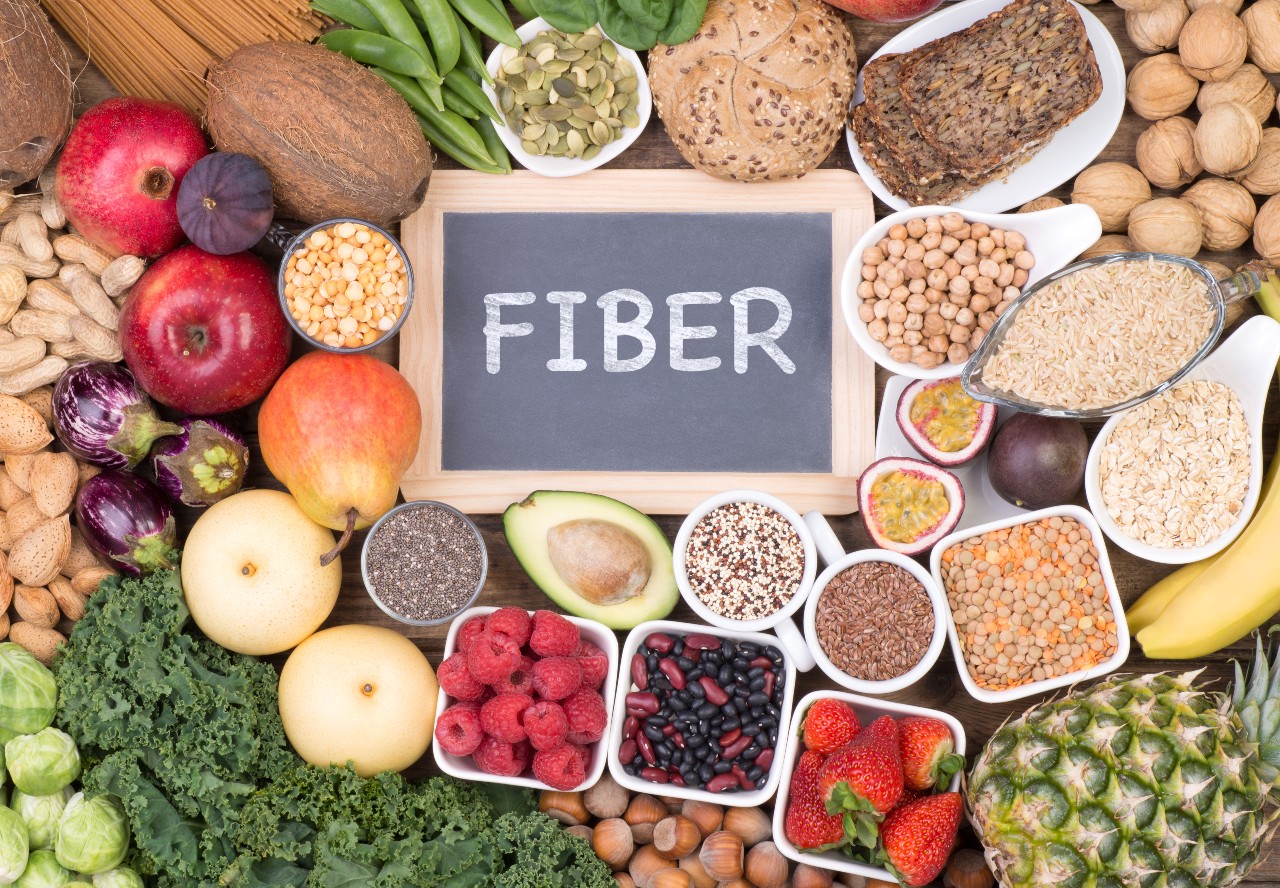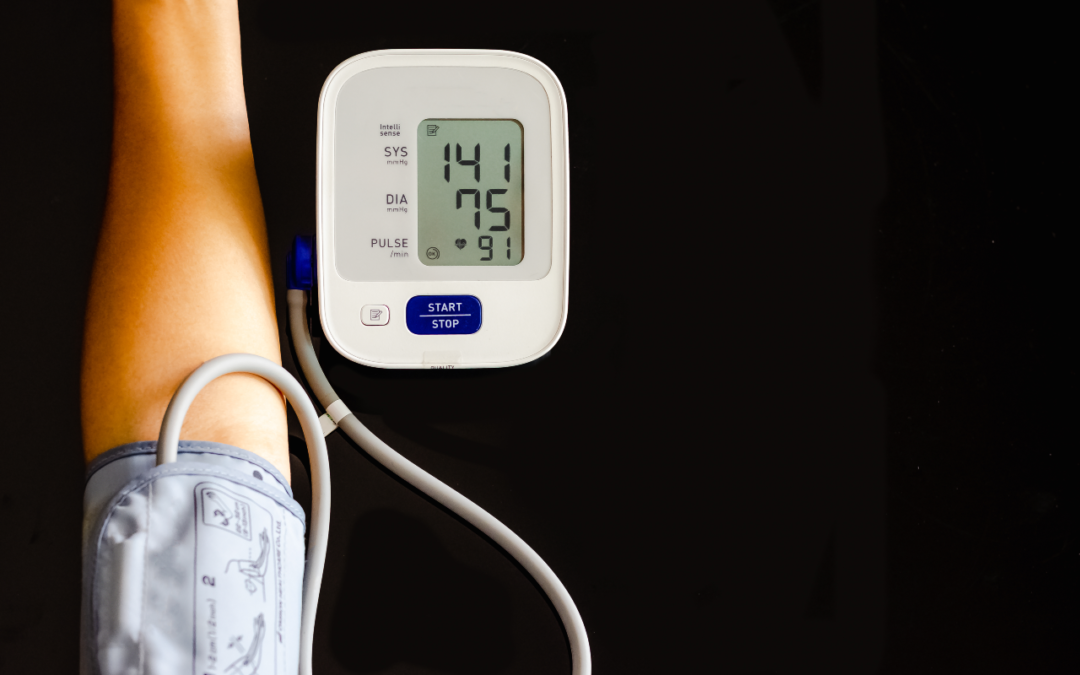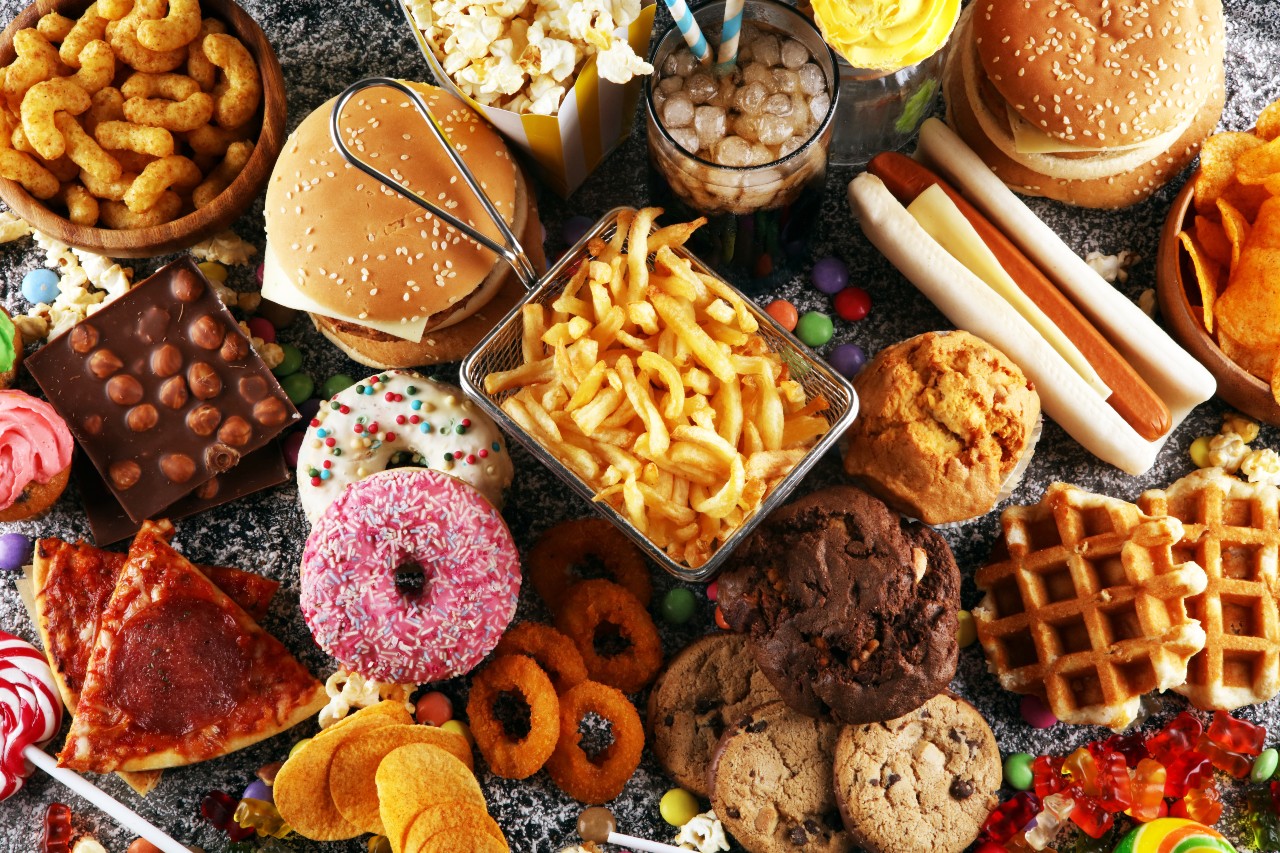Close to half of all Americans have hypertension, also known as high blood pressure. Those with elevated blood pressure are more susceptible to stroke and heart disease. It is normal for blood pressure to change throughout the day; however, prolonged elevated blood pressure is cause for concern. According to the American Heart Association, oftentimes there are no symptoms to alert you to high blood pressure so staying on top of your preventative medical screenings such as yearly physicals is very important for detection. Innova Primary Care wants to see our patients thrive. For those of you with hypertension, there are dietary changes you can implement right now to assist with your blood pressure. Read on for more information.
Hypertension is often silent
As we just mentioned, most times there are no physical signs that your blood pressure is high. The rare exceptions occur during a hypertensive crisis. A hypertensive crisis occurs when BP readings are at or above 180/120. In these instances, you may experience shortness of breath, a severe headache, nosebleeds, and/or severe anxiety. It is critical that you check your blood pressure and contact your medical provider immediately.
Unfortunately, for those with HBP (high blood pressure), the lack of symptoms can provide false comfort. There is a reason high blood pressure is often referred to as the “silent killer.” Know your numbers and if you have been diagnosed with high blood pressure be sure to take your medications as prescribed and make lifestyle modifications to help with your diagnosis.
Know your risks for hypertension
There are many factors that contribute to an increased risk for hypertension. Genetics play a role here. Because we share genes with our family members, heredity comes into play. If you are related to someone with high blood pressure, keep this in mind.
While genetics are important, lifestyle choices and environment also make a huge difference.
With all of this in mind, it is important to remember that there are some things that are out of your control including your age and race or ethnicity. As we age the risk for high blood pressure increases, and there’s not much you can do about that. You also cannot control your race or ethnicity, but it is important to point out that Black people are more likely to develop HBP at a younger age compared to other races and ethnicities.
Lifestyle plays a major role in blood pressure as well. Your risks increase with obesity, diabetes, physical inactivity, alcohol and tobacco use, and diet.
What does diet have to do with blood pressure?
Nutrition plays a role in blood pressure. What we eat can raise or lower blood pressure. It is also important to note that weight gain can increase blood pressure while losing weight, when you are overweight, can decrease blood pressure. But, how do we know what foods to choose and which to abstain from in order to help with hypertension.
For those with HBP, it is vital that you pay attention to your salt intake. Why is this? The sodium contained within salt causes your body to retain water. Because of this fluid retention, some may experience a rise in blood pressure due to the stress of water retention on the vessels and heart. Salt, in and of itself, is not a bad thing. What makes the difference is how much you consume. The guideline from the American Heart Association suggests 1500 milligrams of sodium per day.
I know I need to limit my sodium intake. But how do I do this?
Sodium is in almost every prepackaged food. It is crucial that you learn to be a label reader. Many foods that make up the standard American diet (SAD) have added sodium such as deli meats, canned foods (including canned vegetables) condiments, and snack foods. When you learn to read labels and seek out sodium content, you can make better choices regarding salt intake.
Rather than canned or prepackaged options, try your hand at fresh foods. When you cook at home you can control the amount of sodium in your foods. Additionally, you can look for salt-free seasonings or use herbs and spices for added flavor without the sodium
Potassium matters when it comes to hypertension
Did you know that foods high in potassium help the body release sodium through urination? Adding potassium-rich foods to your diet can really pack a punch when it comes to blood pressure. Try shooting for around 4700 milligrams of potassium per day. For a great list of foods rich in potassium, check out this article from the American Heart Association.

Don’t forget to include fiber in your diet to fight hypertension
Recent research suggests that diets rich in fiber – think whole grains, whole fruits, and whole vegetables – can be beneficial in the fight against high blood pressure. One specific study looked into the effects of a higher fiber diet on hypertension and type 2 diabetes. At the end of the study, participants reduced their systolic blood pressure by 15%. The great news is that you do not have to go into fiber overdrive to experience the benefits. For most adults, 25 to 30 grams of fiber a day is a safe bet. For those in the hypertension group, eating an additional 25% of fiber on top of the 25-30 recommended grams can be a game changer when it comes to high blood pressure.
We’ve all heard, “You are what you eat”
And there is incredible truth behind this statement. The foods we eat make a tremendous impact on our health. For those with high blood pressure, you can make dietary changes that will benefit your condition. The foods you consume can work for you, if you take charge of your diet and incorporate whole food nutrition, reduce salt intake, and increase potassium and fiber.
Innova Primary Care wants to help you live your best life. Keeping your blood pressure in check is crucial for your health and making simple dietary changes are one way to do just that. If you have questions or concerns about hypertension, please reach out. We are here to help you.




 About
About About
About

 About
About About
About About
About About
About About
About













